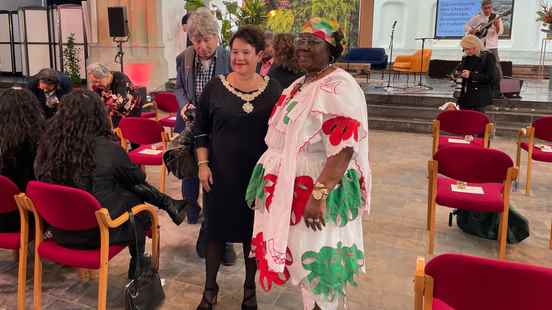Utrecht mainly played a role through the provincial government, the States of Utrecht. In 1721, he encouraged, among other things, the establishment of a Utrecht Company, which had direct interests in plantations and the slave trade. A significant number of Utrecht administrators also had personal interests in the West India Company (WIC) and the Dutch East India Company (VOC) and in plantations in southern America. For example, they had shares, negotiation loans or they were directors.
There were also positions in the Netherlands or overseas. “Utrecht was overrepresented in high colonial offices, which can probably be explained by the presence of a university and the large size of the Utrecht nobility. Of the council members, including mayors, we have been able to establish that 23 percent in the seventeenth century and in the eighteenth century had 42 percent direct interests,” the researchers said.
